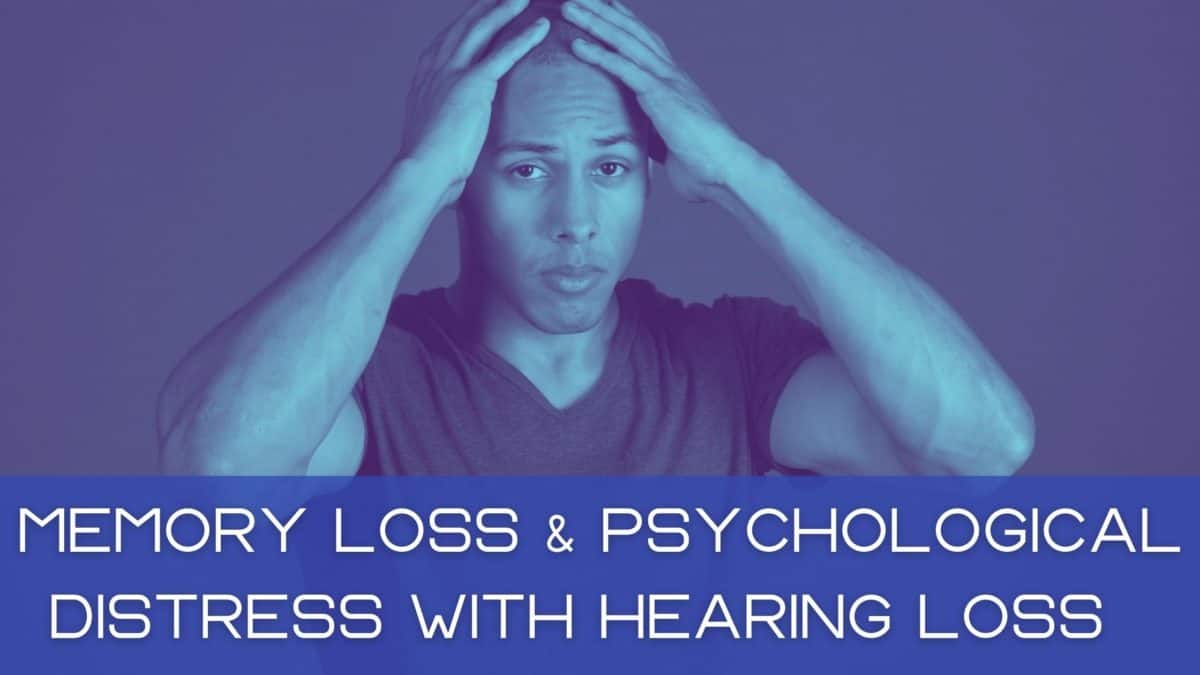- Understanding the Connection Between Tinnitus and Weather - May 17, 2025
- The Most Unexpected Reasons Hearing Aids Can Malfunction - May 9, 2025
- How OAE Testing Unveils Hidden Hearing Loss - April 15, 2025
When it comes to hearing loss, we can rely on two types of reports to understand the nature of the condition. On the one hand, individual people can tell their stories, and this qualitative “data” is useful to understand the fine-grained details of experiences. This information is helpful to learn the specific facts that would not be asked in a social survey, and often these stories are useful for generating the contents of future studies.
Personal narratives are very helpful for understanding how things are related. For instance, if a person reports to you that their hearing loss makes them feel like they don’t want to go to social events, then that report is a good way to understand the relationships that come up in the other major type of research: quantitative.
When we survey many people about the same thing, we can make generalizations about the relationships between things. For instance, if you ask enough people with hearing loss if they feel socially isolated, then you can know that those with hearing loss are more or less likely than their hearing counterparts to experience that feeling.
However, these big quantitative studies, though generalizable, don’t necessarily get to the heart of why connections exist as they do. Let’s take a look at a large social survey that generated quantitative data. Then, we’ll proceed to explore the qualitative explanations given by people with hearing loss to explain these relationships.
Quantitative Research
In the case of a large-scale survey of older people living in Japan, researchers discovered some quantitative results that tell us different experiences, or variables, are correlated. By that, we mean that those who have one thing—in this case, hearing loss—are more likely to experience another thing.
The study asked 137,723 people who did not have a clinical diagnosis of dementia about their experiences. 12,389 of these people (about 9 percent) had hearing loss, and they were able to demonstrate relationships with other factors in life. Three different variables came through the study as significant. First, those with hearing loss were more likely to experience limitations in their outdoor activities. They were even more likely to experience psychological distress than their hearing counterparts. Finally, they were much more likely to have memory loss than those who did not have hearing loss.
Qualitative Research
In order to understand why these relationships exist, we have to rely on qualitative reports by those who do and do not have hearing loss. In the first case, those with hearing loss experienced more limitations in their outdoor activities. Some of those with hearing loss tend to be concerned for their safety in outdoor activities. Without the ability to hear moving objects, vehicles, and other people, it can feel unsafe to engage in some of these events. These feelings contribute to the second category in the study: psychological distress.
Not only do those with hearing loss tend to shy away from the outdoor activities they enjoy, but they can also avoid social situations in which they will be expected to listen and respond to what others have to say. Those events can feel intimidating, frightening, or frustrating. When people with hearing loss feel those emotions at social events, some of them decide they’d rather not participate at all.
Rather than feel the pressure to take part in something confusing, they decide to socially isolate themselves. That social isolation can lead to feelings of depression, anxiety, and other forms of psychological distress. Beyond these feelings, social isolation can also lead to cognitive decline. This relationship is more difficult to discern in qualitative reports. People do feel that they are experiencing more general confusion when they have hearing loss, and the inability to communicate can lead to an undue cognitive load.
In this final instance, researchers can take qualitative reports of memory loss as a cue for further quantitative study. As research progresses in this area, it may become possible to identify what exactly is happening in the brains of people with hearing loss to better understand why it has a relationship with memory loss, cognitive decline, and even dementia.
While the research remains incomplete in this area, you can take the correlation between hearing loss and memory loss as an important reason to keep tabs on your hearing abilities! Contact us today to schedule a hearing test and to learn more about healthy hearing.

